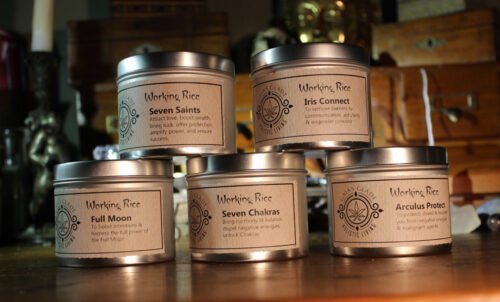
Young male practicing modern shamanism in New York apartment
Understanding Modern Shamanism: A Distinction Between Traditional and Contemporary Practices
By Jeffrey Haskins
In this exploration of modern shamanism, I seek to delineate between individuals labeled as modern shamans and those rooted in traditional shamanic cultures. My intention is not to pass judgment but to provide clarity on these terms, avoiding offense while conveying comprehensible distinctions. Modern shamans have links to the past but also to the future.
As a practitioner and teacher within the shamanic tradition, I eschew the title of “shaman” for myself. In the teaching lineage from which I emerge, one does not self-ascribe this honorific term but rather earns it through recognition from others. Much like the differentiation between Jewish Hanukkah and Christian Christmas, these distinctions denote separate traditions, both esteemed in their own right. Modern shamanism has its roots but also its branches in the past and present. The Computer may not replace the Shaman Drum – but new tools are available for the practioners of today.

Computers can be used to study modern shamanism
Defining Modern Shamanism
A modern shaman embodies a person who has acquired shamanic abilities through the study and practice of traditional shamanism. Unlike individuals within shamanic cultures or hereditary shamans, modern shamans may not reside within a shamanic milieu. Most practitioners of modern shamanism adhere to what is termed Core Shamanism, a concept elucidated further below.
The Emergence of Modern Shamanism
Anthropologists have long delved into the realms of shamanism, but the modern resurgence can be attributed in part to the work of Michael Harner, an anthropologist who immersed himself in traditional Amazonian shamanic practices during the 1970s. His seminal book, “The Way of the Shaman: a Guide to Power and Healing,” published in 1980, laid the groundwork for what is now known as Core Shamanism. Harner’s teachings, disseminated through the Center for Shamanic Studies (now the Foundation for Shamanic Studies), have proliferated globally, shaping the landscape of modern shamanic practice.
Distinguishing Modern Shamanism from Traditional Practice
While shamanic practices share commonalities across cultures, distinctions arise in the contextual frameworks within which they operate. The shamanic journey, a cornerstone of shamanic practice, remains consistent across traditions, as does the utilization of altered states of consciousness and engagement with helping spirits. However, several key differences emerge:
Shamanic Selection: Traditional shamanic cultures often employ specific criteria for selecting individuals for shamanic initiation and training, ranging from congenital disabilities to hereditary lineage. In contrast, modern practitioners may self-select to embark on shamanic training, often prompted by a transformative life experience akin to a shamanic crisis.
Use of Psychedelic Plant Medicines: Indigenous cultures have a long history of incorporating psychoactive substances, termed entheogens, into spiritual practices. While modern shamanism may incorporate these substances, particularly in ceremonial contexts, traditional usage often differs in terms of cultural significance and ritual application.

Modern Shaman
The Path to Modern-Day Shamanism
Embarking on the path of a modern shaman entails extensive training, personal development, and ethical considerations. Unlike self-proclaimed titles, the journey to becoming a practitioner involves rigorous apprenticeships, specialized training, and initiatory experiences. Ethically, practitioners must demonstrate proficiency and integrity, serving as conduits for spiritual healing and guidance.
In conclusion, the distinction between traditional and modern shamanism underscores the evolution of spiritual practices in contemporary society. While rooted in shared principles, each tradition manifests unique cultural nuances and contextual adaptations. Through discernment, dedication, and ethical practice, modern shamans navigate a path of healing and transformation, honoring the rich legacy of shamanic wisdom while embracing the demands of the present age.







[…] recent years, there has been a profound rise in Shamanism in the UK – particulary amongst the younger generations. This ancient spiritual practice, […]